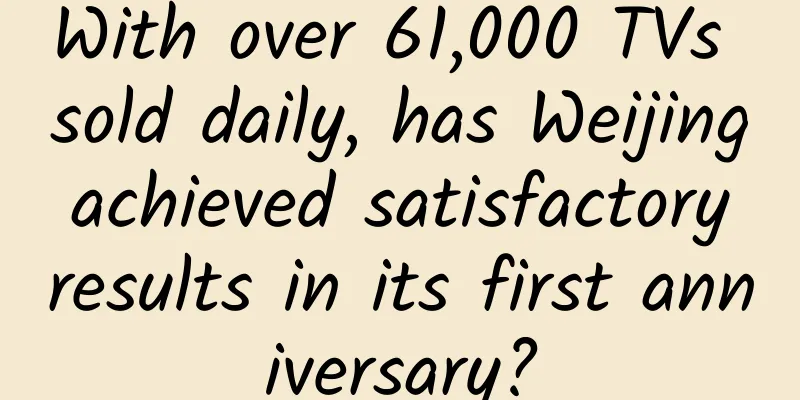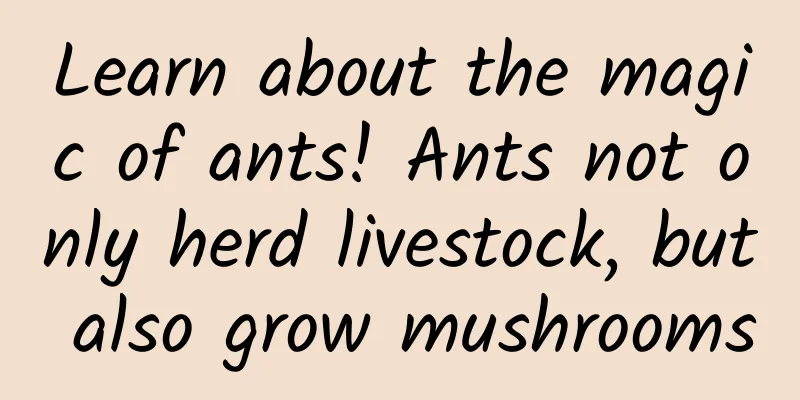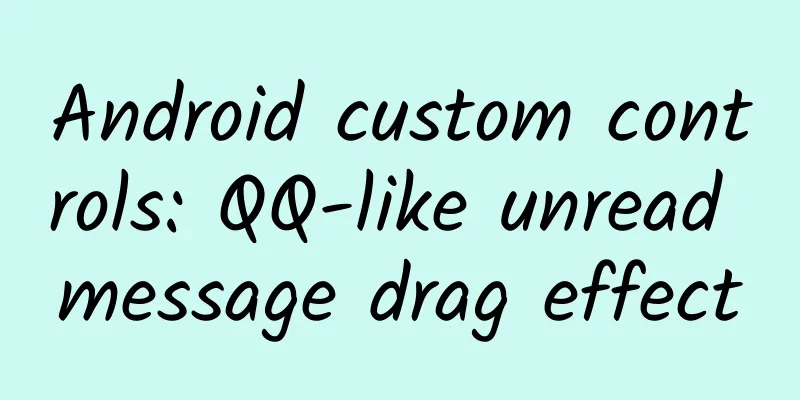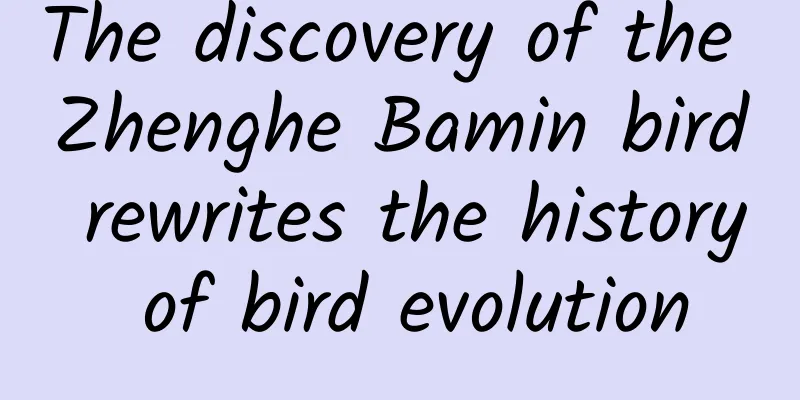The "Quiet Night Thoughts" you recited was never seen by Li Bai
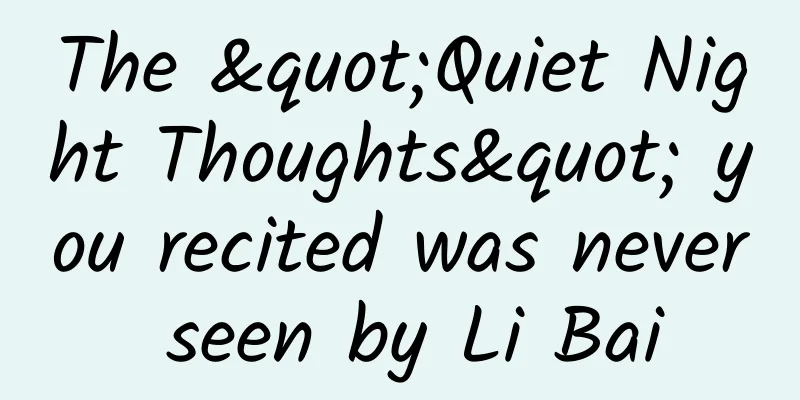
|
Recently, the movie "30,000 Miles from Chang'an" has made Tang poetry popular again. According to statistics, there are a total of 48 ancient poems in this movie, which is really a bit magnificent. Among these 48 ancient poems, the most familiar one is probably "Quiet Night Thoughts". "The moon shines brightly before my bed, I wonder if it is frost on the ground. I look up at the moon, and I think of my hometown." As a classic Tang Dynasty poem, sometimes even foreigners who have just learned Chinese can recite it. It can be said that among all the people who can speak Chinese, it may be difficult to find someone who can't recite or hasn't heard of "Quiet Night Thoughts". But I am not afraid of difficulties, and I have found someone for you, that is Li Bai himself. You may feel confused and surprised, isn't this written by Li Bai? How come he can't recite it or hasn't heard of it? Don't worry, there are many more surprising things in this poem! “Bed” is a bed, “bed” is not a bed People are busy with right and wrong Before we begin, let's first clarify what this poem is about. Although this poem only uses a dozen different common characters, it has really confused many people. Take the first character of the entire poem, "bed", for example. You may have heard of this saying: "The bed in front of the bed is bright and the moon is shining", which is not the "bed" you are familiar with. In fact, according to the citation of linguist Wang Shaohua, in serious materials alone, there are 7 different explanations for the "bed" in "the bed is bright and the moon is shining". In addition to the "bed" for normal sleeping, there are 6 other explanations as follows: 1. Couch: a very small bed. 2. Ma Zha: It was called “Hu Chuang” in ancient times. 3. Rope bed: a piece of furniture similar to a recliner. 4. Well fence: It is the fence outside the well. 5. Windlass frame: The windlass (lùlú) is the thing on the well that turns in circles to draw water. Its frame is called a windlass frame. 6. Ji'an: Before the middle and late Tang Dynasty, Chinese people basically did not sit on chairs, but were used to sitting on their knees. At that time, the tables people used for eating, reading, and typing on computers were definitely not as high as they are now, but were as short as the small tables used in dormitories or on the kang. This kind of short "table" is called a Ji (jī) An. The simple word "bed" can be interpreted in so many ways! This is because in the Tang Dynasty, "bed" really had many meanings (except for "cases", which is not the case. Some scholars in the past got it wrong). There are so many kinds of "beds", and in front of each "bed" there is a frosty moonlight, its color is pale. So what kind of "bed" is the "bed" in "Quiet Night Thoughts"? To solve this problem, we need to use the important theory of "social principle" in modern exegesis ("诂" is pronounced ɡǔ, "exegesis" is a discipline dedicated to exploring the meaning of ancient Chinese words). Although this word is used in a very professional way, the principle is actually very simple. Let's think about it. In the Tang Dynasty, "bed" had so many meanings. How did the ancients distinguish which meaning was used here when they spoke or wrote poems? In fact, it is not only in ancient times, but also in modern times, no matter what language is used, there are many polysemous words. But if we think about it, most people will encounter ambiguity caused by polysemous words only a few times a year. How do we do it? Take the word "bed" for example. In modern Chinese, "bed" not only refers to a bed for sleeping, but can also refer to a lathe, a seedling bed, a riverbed, a dental bed... Let's look at an example sentence: "The slide box is mounted on the bed body, and the hanging part on the side is equipped with a transmission mechanism to receive movement from the lead screw and the guide bar, driving the tool holder mounted on the top to advance and cut." Which bed is this "bed"? You must have noticed that the context of this sentence contains both "刀" and "削". The "床" here must be the "lathe" used in factories to cut and grind parts. Here we use a method of exegesis: look at the context. In fact, those somewhat strange "special understandings" mentioned earlier are summarized from the context. For example, someone said: "Looking up at the bright moon, looking down thinking of my hometown", looking up and looking down, this person is not lying down, he is obviously sitting, so this is not a "bed" for "sleep". But if you think about it carefully, it doesn't make sense: who stipulated that Li Bai can only lie on the bed and can't sit and play with his mobile phone? Someone else said, "I wonder if it's frost on the ground." It's possible that there was frost on the ground, so it must have been very cold. In the Tang Dynasty, there were no transparent window glass, so people would have closed their windows at night, so only those outside the house could see "I wonder if it's frost on the ground." The poet Liu Shahe made a sharp comment, "This is Sherlock Holmes's poetry, which is funny." In fact, in the literary world, we certainly can't assume that the poet must be sleeping just because a bed appears in the sentence. The poet was sitting, standing, or strolling in the house, and saw light on the ground in front of the bed, and he could say that it seemed like frost had grown on the ground. After talking for so long, I still can't figure it out based on the context! Don't worry, think about it again. If you are walking on the road and see a sign on the side of the road that says "Bedding Store", guess what is sold inside? A. Sheets, pillowcases, towels, blankets... B. Turning tools, dental drills, rice transplanters... The words listed in option B are indeed used on lathes, dental beds, and seedling beds, but bedding stores generally do not sell these. This is because when there is no special contextual hint, when a single word "bed" is mentioned, Chinese people know that it defaults to the "bed" used for sleeping. This is an example of the "social principle" of modern exegesis. Of course, this principle is actually a little complicated to use, and here we just looked at a relatively simple example. In short, in modern times, the vast majority of ancient Chinese linguists think that the "bed" in "the moonlight shines on the bed" is the same as the bed we usually sleep on, and there is really nothing to worry about. Professor Ma Maoyuan, who is known as the person who has memorized the most Tang poems in the world, and many other well-known scholars of literature and history, such as Ma Maoyuan, Zhan Yan, and Wang Shaohua, believe that the word "bed" in this poem has no special meaning. How dare you tamper with Li Bai’s poems? I have written so much above, mainly to tell you that "床" means bed. I wonder if you feel enlightened or furious after reading it. Now let's talk about something that may be more surprising, that is, the "Quiet Night Thoughts" currently circulating is not the "Quiet Night Thoughts" written by Li Bai. Like many ancient poems, there are many versions of "Quiet Night Thoughts". If we just flip through the ancient books at hand, we can find 5 versions. Guess first, which of the following 5 versions appeared earliest? A. The moonlight shines brightly in front of my bed, I wonder if it is frost on the ground. I look up at the bright moon and think of my hometown. B. I look at the moonlight in front of my bed and wonder if it is frost on the ground. I look up at the bright moon and think of my hometown. C. The moonlight shines brightly in front of my bed, I wonder if it is frost on the ground. I look up at the mountain moon, and I look down and think of my hometown. D. I look at the moonlight in front of my bed and wonder if it is frost on the ground. I look up at the mountain moon and think of my hometown. E. I look at the moonlight in front of my bed, and I wonder if it is frost on the ground. I look up at the mountain moon, and I look down and think of my hometown. F.What are the differences between these five songs? Have you made your choice? Make your selection and read on. The correct answer is D. All the existing ancient books printed in the Song Dynasty and Yuan Dynasty, which mention the poem "Quiet Night Thoughts", all use D, without exception. The other four versions can only be found in books printed in the Ming Dynasty. Version A can be found in books printed by people in the Ming Dynasty and compiled by people in the Yuan Dynasty. Versions B, C, and E are originally printed in books compiled by people in the Ming Dynasty. Therefore, from the perspective of textual criticism, "Watching the moonlight in front of the bed" and "Looking up at the mountain moon" are most likely the original text written by Li Bai. [Song Dynasty edition] Book image of "Collected Works of Li Bai" printed in Shu Dynasty of Southern Song Dynasty, collected in Beijing Library. Therefore, the most familiar version of "Quiet Night Thoughts" is most likely a "wrong" version. Why is it that almost everyone can recite the "wrong" version, but only a few people know the "correct" version? This is mainly because there was a very popular literacy textbook in the Ming Dynasty, which was Wang Xiang's version of "A Thousand Poems". This book selected a large number of short poems with simple words, imagery and emotions that were easy for children to understand. It was a household bestseller at the time. All poems included in this version of "A Thousand Poems" will be at least one level more famous. Even a less famous poem like "I and the general take off our battle robes" has become a "big star" in the poetry world. Unfortunately, the focus of "A Thousand Poems" is not on textual research. There are many works in the book that use versions that are not very good. "Quiet Night Thoughts" is such an example. Although "Quiet Night Thoughts" is written in a natural style and with sincere feelings, it is also well written, but its literary value is not ranked among the best among Li Bai's poems, and it is even more difficult to be ranked among the first-class works in the Tang Dynasty, which is full of famous poems. If it were not for the idol halo of Li Bai, the poet, and the unremitting promotion of children's books such as "A Thousand Poems", this poem might not have become popular. Trademark disputes have existed since ancient times Who is the authentic "Song of the Wine"? In fact, this kind of version problem exists in many famous works. For example, Li Bai's other famous work "Jiang Jin Jiu" (the word "Jiang" is mostly pronounced as "jiānɡ" by ancient Chinese linguists nowadays, but please choose according to the teacher's instructions in the exam) also appears in "Chang'an San Wanli". In the Tang manuscript unearthed in Dunhuang, the title is "Xi Ji Kong", and the content is also different. Let's take "Xi Ji Kong" in Volume 2567 of Bo as an example. [Tang Dynasty version] Photocopy of the Tang Dynasty manuscript "Tang Poems Selected by Tang People" unearthed in Dunhuang, Bo 2567 (partial), reprinted in "Dunhuang Treasures" (Xinwenfeng Publishing Company, 1985). You may not be able to see it clearly, but researchers have sorted it out, and the content is as follows: Pity the empty Don't you see the Yellow River coming from the sky, rushing to the sea and never coming back? Don't you see the white hair in the mirror beside the bed, which is as blue as the sky in the morning and snow in the evening! When you are happy in life, you should enjoy it to the fullest, and don't let the golden cup face the moon in vain. God has given me talents, and I can get them back even if I spend all my money. Cooking cattle and slaughtering sheep is fun, and I must drink three hundred cups at a time. Master Cen, Mr. Danqiu, I will sing a song with my brother, please pour it for me. Are bells, drums, jade and silk expensive enough? I wish I could get drunk forever. All the sages and saints in ancient times have died, only the drinkers have left their names! In the past, King Chen held a banquet in Pingle, and he drank ten thousand cups of wine and had fun. Why does the host say that he doesn't have enough money? I must buy some wine to drink with you! Five-colored horses, furs worth thousands of gold, call the children to go out and exchange them for good wine, so that we can share the eternal sorrow! If you read it carefully, you will find that there are many sentences that are different from the popular version. For example, the most famous sentence "I was born with talent, and I will be useful. Even if I spend all my money, I will get it back." In Book 2567 of Bo, it is "My disciples are talented, and even if I spend all my money, I will get it back." The "my disciples" here can be understood as "we." However, from the existing data, we can only say that the Dunhuang version of "Xi Ji Kong" is more likely to be an older version than the popular version of "Jiang Jin Jiu", but we dare not say it absolutely. Finally, I would like to ask you, which version of "Jiang Jin Jiu" do you think is more exciting? References [1] Wang Shaohua. Fourteen Lectures on the Meaning of Ancient Poetry and Prose[M]. Shanghai Bookstore Publishing House, 2008: 1-23. [2] Yang Lin. "The Right and Wrong of "The Yellow River Flows Far Away" and "The Yellow Sand Rises Straight Up" - Also on the Original Text of Li Bai's "Quiet Night Thoughts"[J]. Classical Literature Knowledge, 2010(6):60-61. [3] Li Wenyan. Research on Li Bai's "Song of the Wine": A Comparison between Dunhuang Tang Manuscripts and Handed-down Documents[J]. Journal of Literature and History, 2020(5):89-90. Planning and production Author: Cleaner, PhD student at Nankai University Reviewer: Wang Hongzhi, Associate Professor, School of Humanities, Shanghai Normal University Planning丨Xu Lai Editor: Cui Yinghao Some of the pictures in this article are from the copyright library Reprinting may lead to copyright disputes |
>>: "China's Sky Eye", new news →
Recommend
Capital pours into licensees; Internet TV competition enters 3.0 era
May 12th is the listing date for the 287 million ...
The dilemma of Three Squirrels’ e-commerce marketing!
As the annual "Double Eleven" approache...
Is it easier to gain weight if you eat while walking?
In the fast-paced modern life, eating on the go s...
Efficient employment class for emotional counselors, achieving a side job with a monthly income of 50,000+ [audio course]
Efficient employment class for emotional counselo...
Tao Piaopiao app product experience report: When will the fragmentation of the film market end, and will it still be necessary to continue to burn money in the future?
Large-scale ticket subsidies and the popularity o...
The same "fire-proof hood" in "Journey to the West", it turns out that everyone has seen it!
There is a story in Journey to the West, one of t...
Beijing CDC issues health tips for New Year's Day and Spring Festival: encourage people to avoid peak travel times, return home, return to work, and return to school during the Spring Festival travel rush
At present, the epidemic is spreading abroad, and...
What is "Persona"? Is this the user portrait used by operations?
The term " user portrait " is actually ...
Some Alphabet subsidiaries may return to China in advance
[[154186]] According to foreign media reports, Go...
The body is asleep, but the legs are "awake"? No wonder people with this problem can't sleep well!
There are many reasons why you can't sleep An...
This fish is the best for hot pot, because it is "sick"! But there is a type of people who should never eat it...
In Guangdong, there is a very special delicacy. I...
China's mobile phone patent war: a mind game of self-absorption
Recently, there have been many comments and artic...
Dingxiang Doctor APP product analysis!
How is an excellent product designed, what princi...
China Automotive Industry Research Institute: In May 2024, Tesla Model Y won the monthly sales champion of SUV with 39,900 units sold
According to recent news, China Automotive Data R...
8 interesting facts about WeChat, each of which is super useful! A step-by-step guide to help you master WeChat
01Create WeChat group There are more and more fri...
